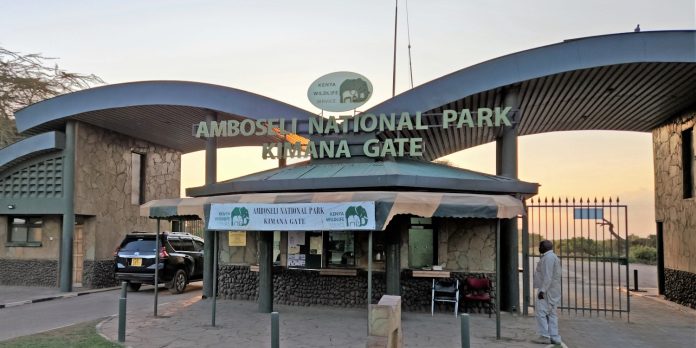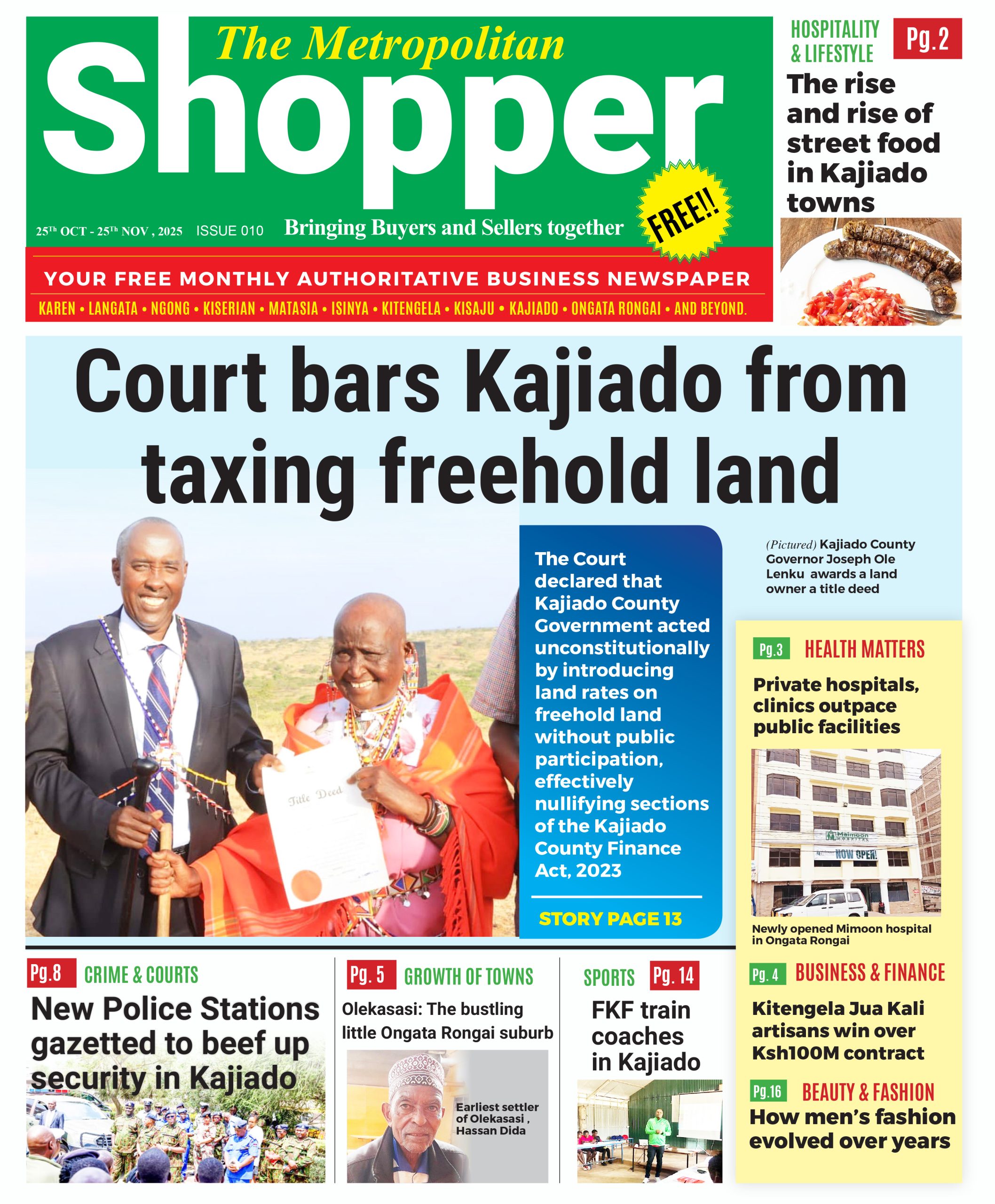Starting October 1, 2025, visitors to Kenya’s national parks and reserves Will be subjected to a new pricing structure following Parliament’s endorsement of sweeping changes to conservation charges.
This marks the first major fee adjustment in nearly two decades and is designed to boost funding for wildlife protection and reduce dependence on government allocations.
Under the revised structure, entry costs to tourists destinations such as Amboseli and Lake Nakuru National Parks will rise sharply. Kenyan adults and East African Community (EAC) nationals will now pay Sh1,500 up from Sh860, while foreign tourists will be charged $90 (approximately Sh11,660), a 50 percent increase from the previous $60 rate.
Children and students aged five to 18 will also see their fees triple, with access to these parks now costing Sh750.
ALSO READ:
Tradition or Survival: Kajiado Herders Face Heartbreaking Choices as Drought Persists
Nairobi National Park will also see significant hikes. Local visitors will pay Sh1,000, while international guests will be charged Sh10,360. Similar adjustments will apply across other protected areas including Tsavo, Meru, and scenic reserves, with fees varying by location and activity.
The Kenya Wildlife Service (KWS), which relies on tourism for over 90 percent of its revenue, says the new rates are essential to bridge a Sh12 billion annual funding gap. A recent pricing study revealed that most tourists are willing to pay more if the proceeds are reinvested in better services and conservation outcomes. KWS projects that the revised fees could push its revenue to Sh16.58 billion by 2028.
Beyond daily entry, the regulations introduce charges for a wide range of services from camping and guided tours to aircraft landings and group activities. Adults will pay between Sh500 and Sh1,500 depending on the park, while minors will be charged half that amount. Annual passes have also been rolled out, with prices ranging from Sh10,400 for children to Sh130,000 for families.
Tourism and Wildlife Cabinet Secretary Rebecca Miano assured the public that the transition would be smooth, noting that the Ministry is working closely with KWS to ensure minimal disruption.
KWS Director-General Erustus Kanga clarified that bookings made and paid for via eCitizen before the announcement will not be affected, with the new rates applying only to fresh reservations from October onward.
ALSO READ:
The funds will support critical operations such as anti-poaching patrols, habitat restoration, conflict mitigation, infrastructure upgrades, and conservation education. He added that the changes followed a year-long consultation with stakeholders across tourism, conservation, and the general public.
Despite concerns about affordability, KWS maintains that Kenya remains a competitive destination. The agency believes that the additional revenue will directly enhance visitor experiences while safeguarding the country’s rich biodiversity for future generations.
By Masaki Enock




